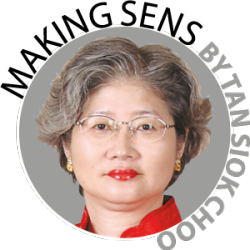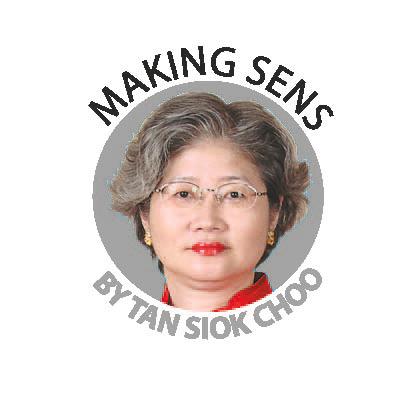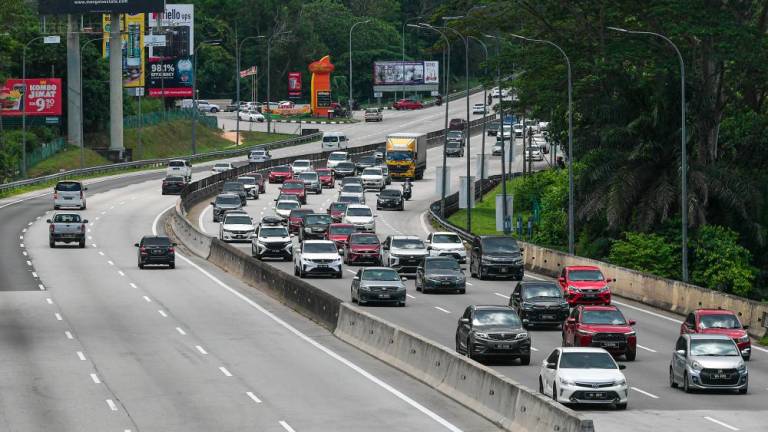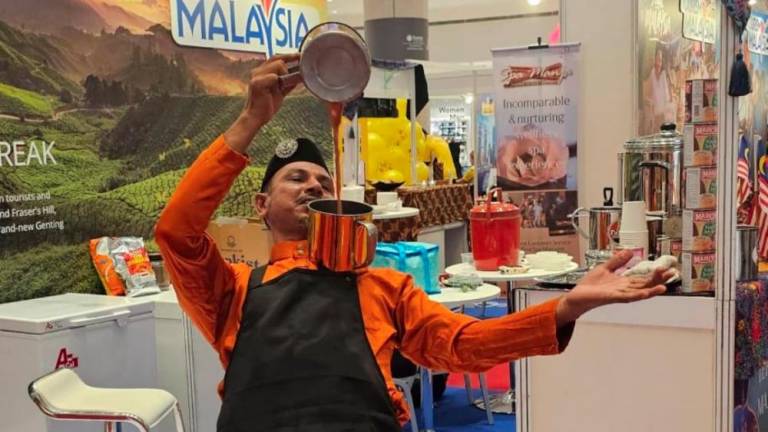AS expected, voters in Singapore returned the People’s Action Party (PAP) to power last Friday with a super majority of 83 out of 93 seats. Despite these twin victories, analyses of votes cast last Friday and in GE2015 suggest amber warning lights for the PAP are flashing.
First, PAP’s tally last Friday shrank to 61.2% of total votes, the second worst-showing for the ruling party after GE2011’s 60.1% share.
Admittedly, the PAP’s 69.9% share in GE2015 was boosted by voter sympathy prompted by the passing of founder Prime Minister Lee Kuan Yew in March that year and the “feel good” factor engendered by Singapore’s Jubilee celebrations one month previously.
Second, voter dissatisfaction was broad-based. Excluding five new constituencies created before GE2020, 86 PAP MPs experienced a smaller percentage share of the votes last Friday compared with their predecessors in GE2015, only two PAP MPs improved their tally in the single member constituencies (SMCs) of MacPherson and Mountbatten.
Third, Prime Minister Lee Hsien Loong, contesting in Ang Mo Kio, a five-member Group Representation Constituency (GRC), saw his support decline from 78.64% in 2015 to 71.91% last Friday. On both occasions, he contended against the Reform Party. Lee’s 6.73% slide was better than the PAP’s 8.7% decline between the two polls.
Fourth, PAP’s declining popularity in GRCs and Sengkang’s unexpected loss may prompt the ruling party to rethink the wisdom of multi-member constituencies.
Assuming opposition parties would find it difficult to persuade non-ethnic Chinese to stand against the ruling party, GRCs were conceived as a bulwark for the PAP.
Last Friday, the PAP snagged four GRCs represented by 19 MPs and three SMCs with less than 60% of the votes. Theoretically, if the PAP’s support drops by another 10%, this means the opposition will gain another 22 MPs. Including WP’s current 10 MPs, this will boost the Opposition bloc to 32 Parliamentarians or 34% of the total.
In a more alarming scenario, if the PAP suffers a 16% plunge in total votes, the opposition will swell by a massive 51 MPs. Including WP’s 10 backbenchers, the Opposition will enjoy a two-thirds majority in Parliament.
Despite re-drawn boundaries, WP won in Sengkang. This GRC was deemed safe for the ruling party because it comprised parts of two constituencies the PAP won in 2015 with a high vote share of 72.89% and 62.13% respectively.
In Sengkang, the PAP fielded three office-bearers, the Senior Minister of State for Transport and Health Lam Pin Min, Ne Chee Meng, labour chief and a core member of the fourth generation leadership (4G) and Amrin Amin, Senior Parliamentary Secretary for Home Affairs and Health, and lawyer Raymond Lye.
Not only were WP candidates younger – Associate Professor Jamus Lim, 44, lawyer He Ting Ru, 37, research analyst Louis Chua, 33, and social enterprise founder Raesah Khan, 26 – with young children, they espoused issues that resonated with Sengkang voters.
These issues included recognising unpaid labour by housewives, social inequality and climate change.
Although WP didn’t send a representative to participate in the televised debate in Mandarin – claiming it lacked competent speakers able to debate in that language – the opposition party’s linguistic disability clearly didn’t faze the largely Chinese voters in Aljuneid, Hougang and Sengkang.
Fifth, WP’s showing last Friday is commendable, given two negative events prior to polling day.
In October 2019, as a result of a civil suit filed by the Aljuneid Hougang Town Council, the High Court found WP’s leaders, including Opposition Leader Pritam Singh, guilty of improper payments totaling SG$33.7 million; a verdict WP is appealing.
During the nine-day campaign, police reports claimed social activist Raeesah Khan’s Facebook posts in February 2018 and in May this year alleged “police officers discriminated against citizens, and that rich Chinese and white people were treated differently under the law,” a Straits Times article said.
To express support for WP’s youngest candidate, a hash tag #IStandWithRaeesah was posted on social media.
Sixth, some key 4G leaders performed below expectations. This could cause PM Lee to defer his retirement.
Deputy Prime Minister and Finance Minister Heng Swee Keat, tipped to take over as premier, won East Coast GRC with 53.4% of the votes.
A well-liked unassuming technocrat, Heng left his safe Tampines seat for the tougher GRC. If he hadn’t made this switch, the opposition could have won East Coast, analysts said.
Slated as the new DPM to Heng, Trade and Industry Minister Chan Chun Seng secured Tanjong Pagar with 63.13% of the votes. Despite a higher vote share than Heng’s, Chan’s showing wasn’t satisfactory because Tanjong Pagar was Lee Kuan Yew’s political bastion.
Moreover, Chan’s recent statement – “cotton is from sheeps” – was lampooned for factual and grammatical errors.
Going forward, electoral surprises may be the new normal for the PAP in Singapore.
Opinions expressed in this article are the personal views of the writer and should not be attributed to any organisation she is connected with. She can be contacted at siokchoo@thesundaily.com














